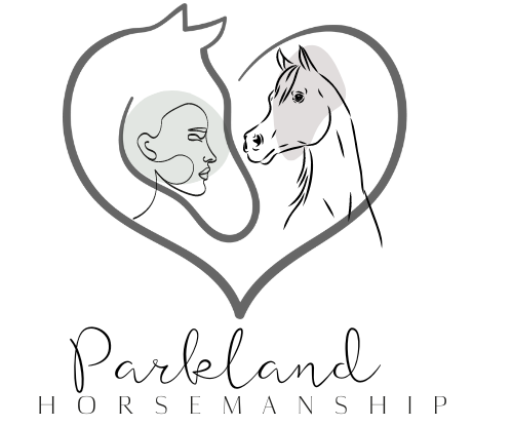Horses do not possess the same cognitive capacities that humans do; instead they are prey animals that adapt their actions according to the environment around them.
Pushing horses beyond their capacity to learn new skills quickly may cause physical strain and injury, as well as impact their mental and emotional well being.
1. It’s About You
Horse training involves creating an equal partnership between an animal prey and its trainer. A horse must learn to trust its trainer more than its instincts – an enormous step for an animal adapted for survival in flight mode!
Horses are herd animals that find safety and comfort from being with others, yet many of the things we ask them to do (such as standing still for vet visits and farrier appointments, loading onto trailers) run counter to their natural behaviors and may lead to unnecessary stress for both of them.
When your horse is stressed, it’s essential that you assess what energy you are emitting. Your horse can detect when you are tense, upset or anxious and they will respond accordingly. Pushing them beyond their means to meet human goals could compromise their physical, mental and emotional well-being – this is not healthy partnership! By taking time to reevaluate why, better training techniques will emerge.
2. It’s About Your Goals
When setting goals for yourself or your horse, make sure they are achievable and realistic regarding level of difficulty and time required to reach them. A great place to begin is identifying your “WHY”, so make it compelling without being self-edited – this will keep you going when times get difficult!
Pushing a horse to meet an inhumane performance goal can have devastating repercussions for his mental, physical and emotional well-being. Furthermore, such pushiness isn’t fair on either of you since he may learn that human goals take priority over his safety – leading to lasting damage in terms of relationships and difficulty training him later on.
3. It’s About Your Motivation
Frustration can quickly arise when a horse you’re working with begins to shift or unravel, whether that be something minor like not following instructions properly or becoming anxious at canter, or something more substantial like refusing to jump due to injury.
Horses are prey animals, living by responding to their environment. When something frightens them, their natural response is to flee or fight; when this instinctive response becomes overused or exceeds it, horses lose the ability to analyze situations effectively and make informed decisions for themselves.
Training a horse for the wrong reasons will make forming a productive relationship more challenging, as your animal will soon learn that you are unfair and trust you less. Fairness refers to how you treat your horse even when things do not go exactly according to plan.
4. It’s About Your Attitude
Establishing a healthy relationship with a horse takes time. Over time, interactions between you and the animal teach it whether or not to trust and rely on you. If you want to become an effective horseman, it’s crucial that you recognize how your attitude impacts training processes.
Your horse requires you to put forth the effort required of him or her, in order for them to receive proper training. Otherwise, they’ll understand that your motivations for spending hours upon hours on training them do not align with their wellbeing.
Recognizing that horse training can be stressful and frustrating can also help ensure its success. Equine animals are sometimes forced to endure training beyond what their bodies can physically endure, due to unrealistic expectations, finances or industry norms – this can result in strain or even injury for both horse and rider. Therefore, it’s essential that you recognize their limitations and only ask of them what they’re capable of.

